Farm & Ranch
[AgriLife Today] National experts to convene in Texas for rose rosette disease meeting
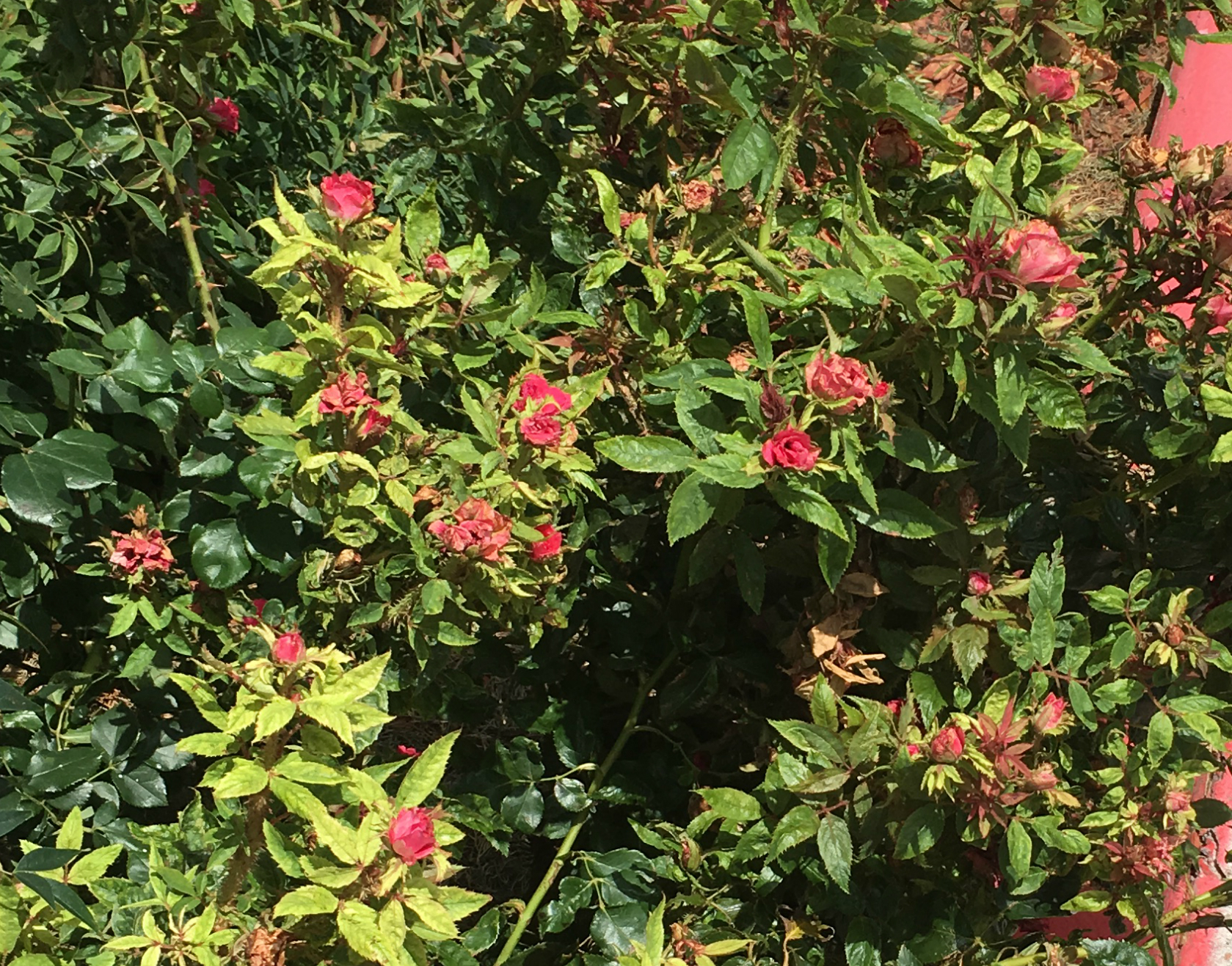
By: Kathleen Phillips
Writer: Kathleen Phillips, 979-845-2872, [email protected]
Contacts: Dr. Kevin Ong, 979-845-8032, [email protected]
Dr. David Byrne, 979-862-3072, [email protected]
CELINA — Rose rosette disease – what it is and how experts are dealing with it – will be the topic of a meeting Nov. 12 at Chambersville Tree Farms, 7032 County Road 971, Celina.
The event will be 8:30 a.m.-12:30 p.m. and is free to the public, according to Dr. Kevin Ong, director of the Texas A&M AgriLife Extension Service’s Plant Disease Diagnostic Lab in College Station.
Rose rosette is a fatal viral disease spread by mites onto rose bushes. The disease leads to excessive thorn production, leaf distortion and excessive stem development, known as witches broom, at the ends of branches, according to Dr. Michael Merchant, AgriLife Extension entomologist in Dallas. An introduction to the disease will be presented by Maddi Shires, a plant pathology doctoral student at Texas A&M University in College Station. Dr. Greg Church, AgriLife Extension horticulture agent in Collin County, will talk about the status of the disease there.
Dr. Jim Amrine, professor emeritus of entomology at West Virginia University, will discuss points to remember about the spread of the disease in roses. Dr. Mark Windham, distinguished professor of ornamental pathology at the University of Tennessee’s Institute of Agriculture, will talk about proactive management strategies to combat the disease.
The challenges of breeding rose rosette-resistant roses will be the topic for Dr. David Byrne, professor and Basye Endowed Chair in Rose Genetics at Texas A&M University. Ong will conclude the event with a discussion on how the diagnostic lab can assist in finding rose rosette disease-resistant or -tolerant rose varieties.
For more information, contact Ong at 979-845-8032, [email protected].
-30-
Find more stories, photos, videos and audio at http://today.agrilife.org
Farm & Ranch
Managing Show Cattle Through The Winter

By Heather Welper
Husband and wife duo, Heather and Calvin Welper, are the Co-Owners and Operators or Two C Livestock, located in Valley View, Texas.
The pair’s operation has a show cattle focus where they raise and sell purebred heifers of all breeds and club calf Hereford steers.
When it comes to show cattle, the Welpers know a thing or two including how to prepare for the cold winter months and the Texas major show season run.
To read more, pick up a copy of the November edition of North Texas Farm & Ranch magazine, available digitally and in print. To subscribe by mail, call 940-872-5922.
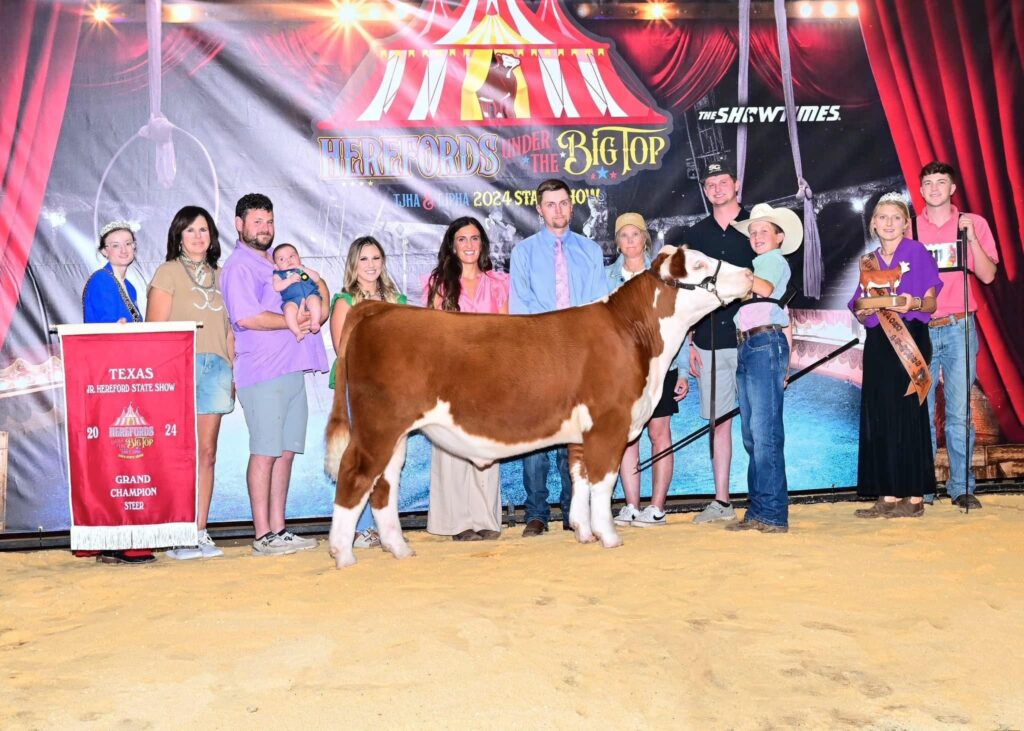
Farm & Ranch
Double M Ranch & Rescue

By Hannah Claxton, Editor
As the sun rises each day, so do the dozens of mouths that Meghan McGovern is responsible for getting fed. Rather than the sounds of a rooster crowing, McGovern hears the bellows and bleats of a variety of exotic deer, the chortle of kangaroos, the grunts of water buffaloes, and the chirps of a lemur.
Nestled against the banks of the Red River, the Double M Ranch and Rescue, with its high game fences and deer sprinkling the landscape,s its in stark contrast to the surrounding ranches.
“Having deer is kind of like eating potato chips- you can never actually have just one,” said McGovern with a laugh.
McGovern has several herds to take care of- fallow deer, axis deer, water buffalo, goats, and bison. In smaller numbers, there’s also a few kangaroos, a lemur, a potbelly pig, a pair of zebras, a watusi, and a few horses.
To read more, pick up a copy of the November edition of North Texas Farm & Ranch magazine, available digitally and in print. To subscribe by mail, call 940-872-5922.
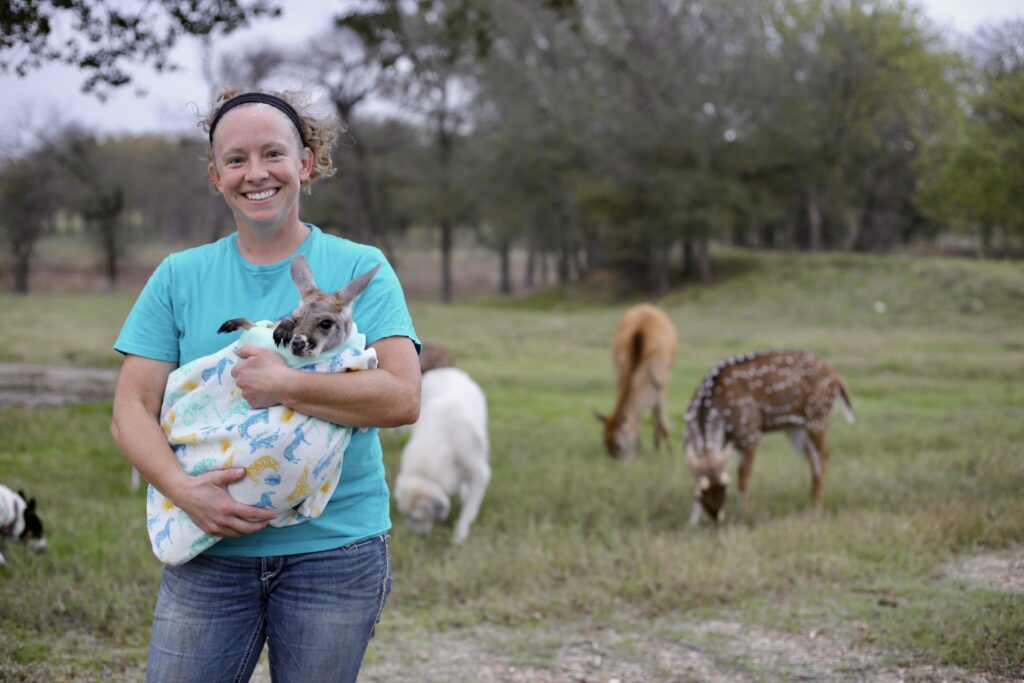
Farm & Ranch
Acorn Toxicity
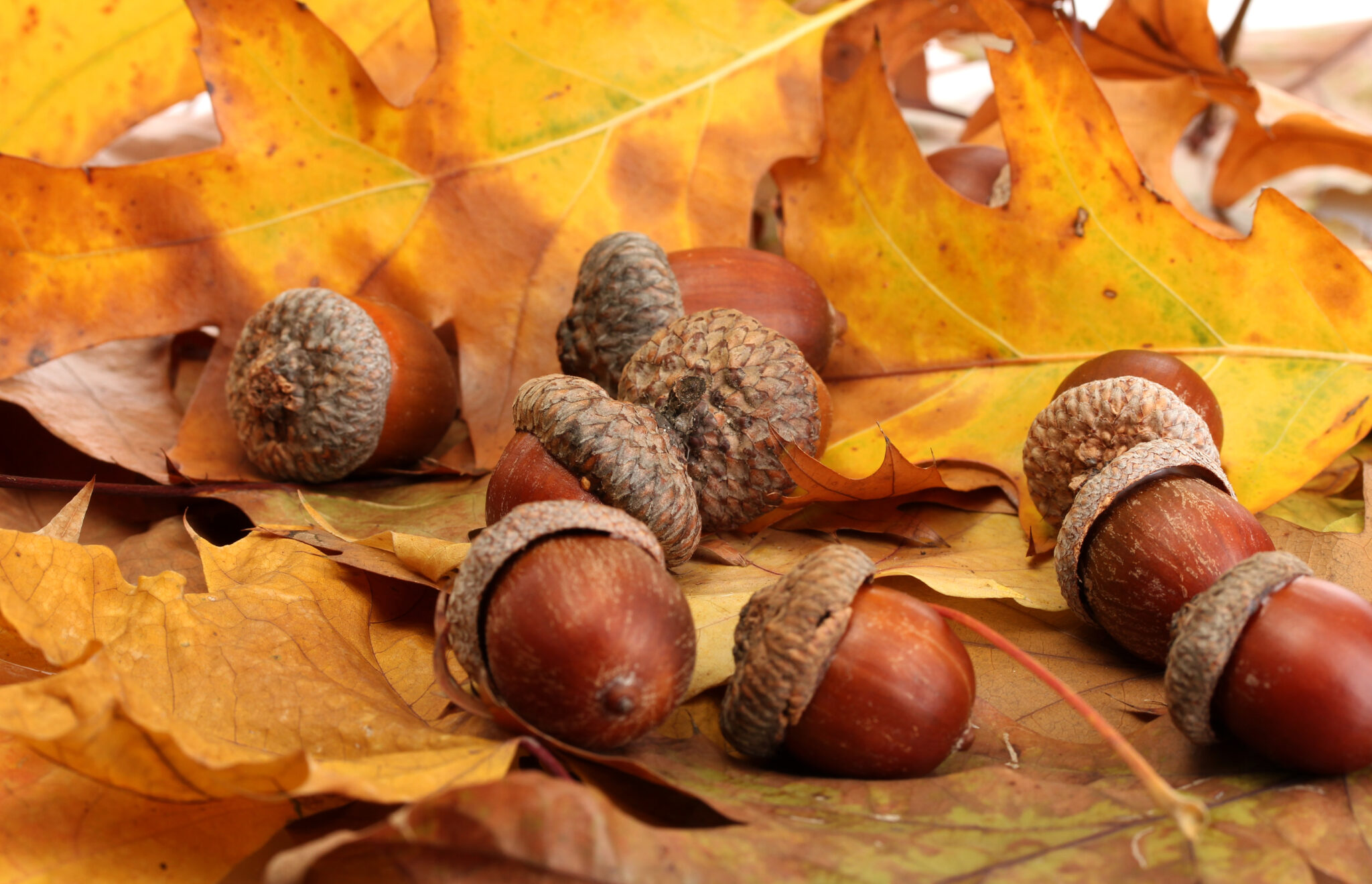
By Barry Whitworth, DVM, MPH
With the prolonged drought, most pastures in Oklahoma end up in poor condition. With the lack of available forage, animals may go in search of alternative foods.
If oak trees are in the pastures, acorns may be a favorite meal for some livestock in the fall. This may result in oak poisoning.
Oak leaves, twigs, buds, and acorns may be toxic to some animals when consumed.
To read more, pick up a copy of the November edition of North Texas Farm & Ranch magazine, available digitally and in print. To subscribe by mail, call 940-872-5922.
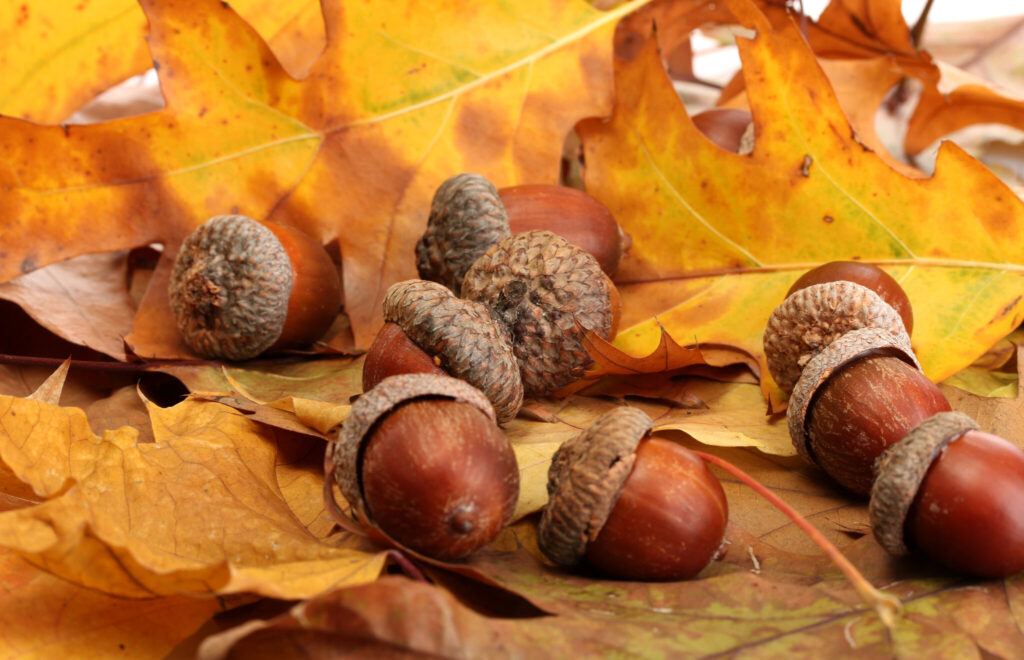
-

 Country Lifestyles2 years ago
Country Lifestyles2 years agoScott & Stacey Schumacher: A Growth Mindset
-

 Country Lifestyles8 years ago
Country Lifestyles8 years agoStyle Your Profile – What your style cowboy hat says about you and new trends in 2017
-

 HOME8 years ago
HOME8 years agoGrazing North Texas – Wilman Lovegrass
-

 Outdoor10 years ago
Outdoor10 years agoButtercup or Primrose?
-

 Country Lifestyles5 years ago
Country Lifestyles5 years agoAmber Crawford, Breakaway Roper
-

 Country Lifestyles9 years ago
Country Lifestyles9 years agoJune 2016 Profile – The man behind the mic: Bob Tallman
-

 Equine1 year ago
Equine1 year agoThe Will to Win
-

 Country Lifestyles8 years ago
Country Lifestyles8 years agoDecember 2016 Profile, Rusty Riddle – The Riddle Way




